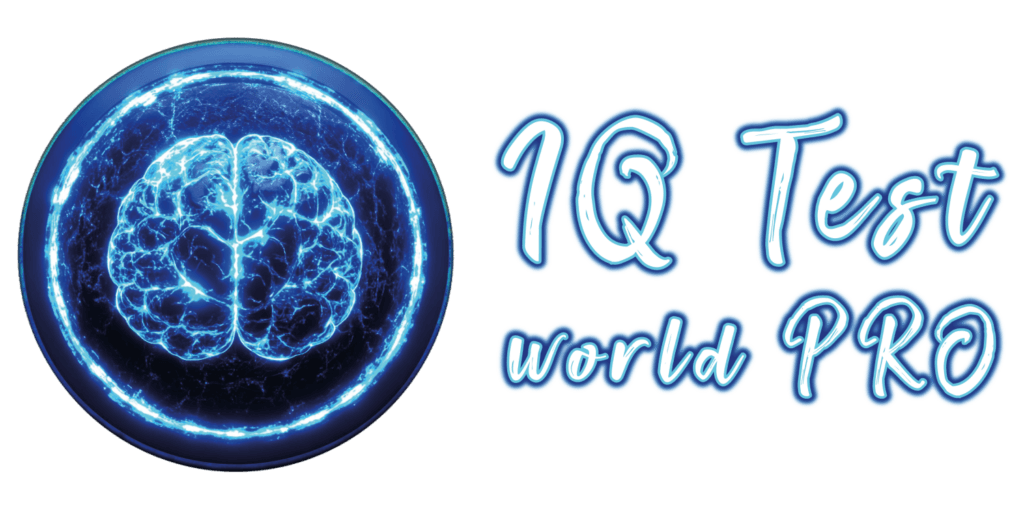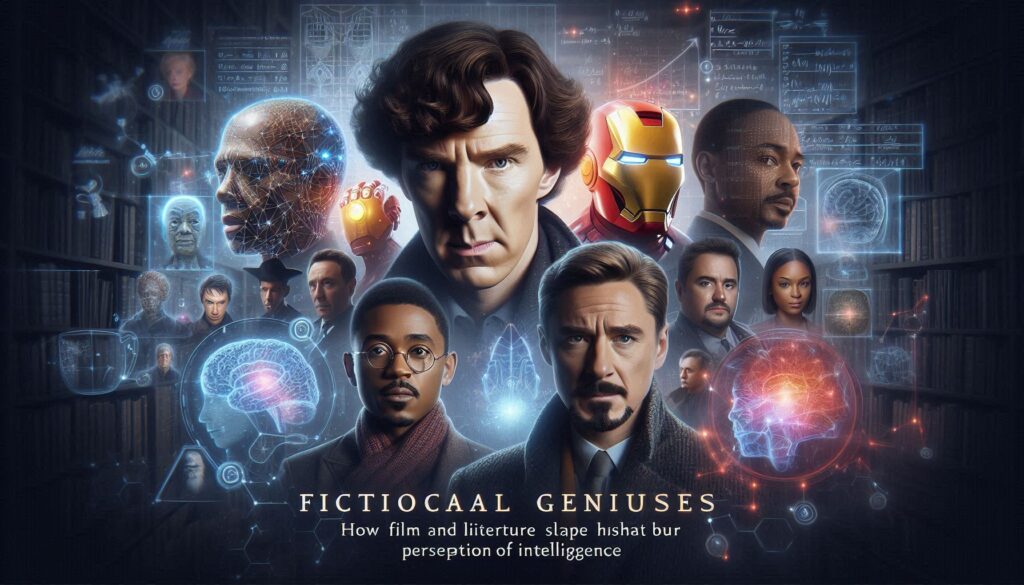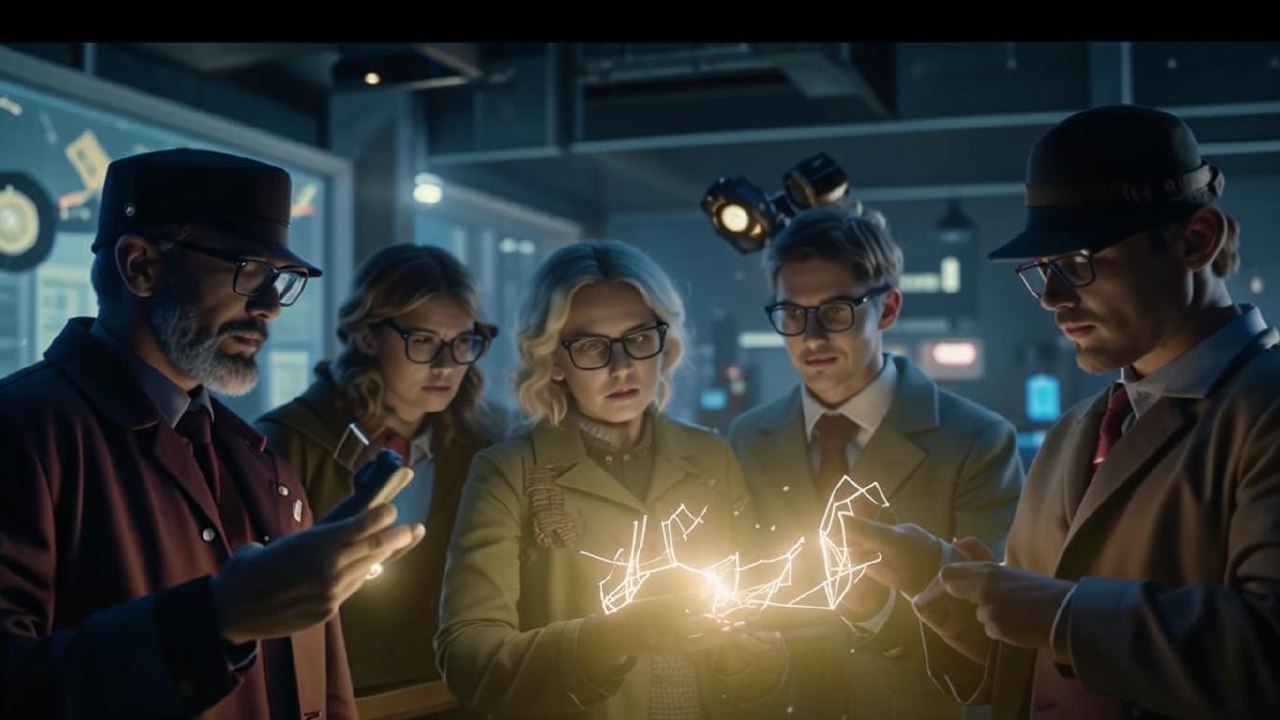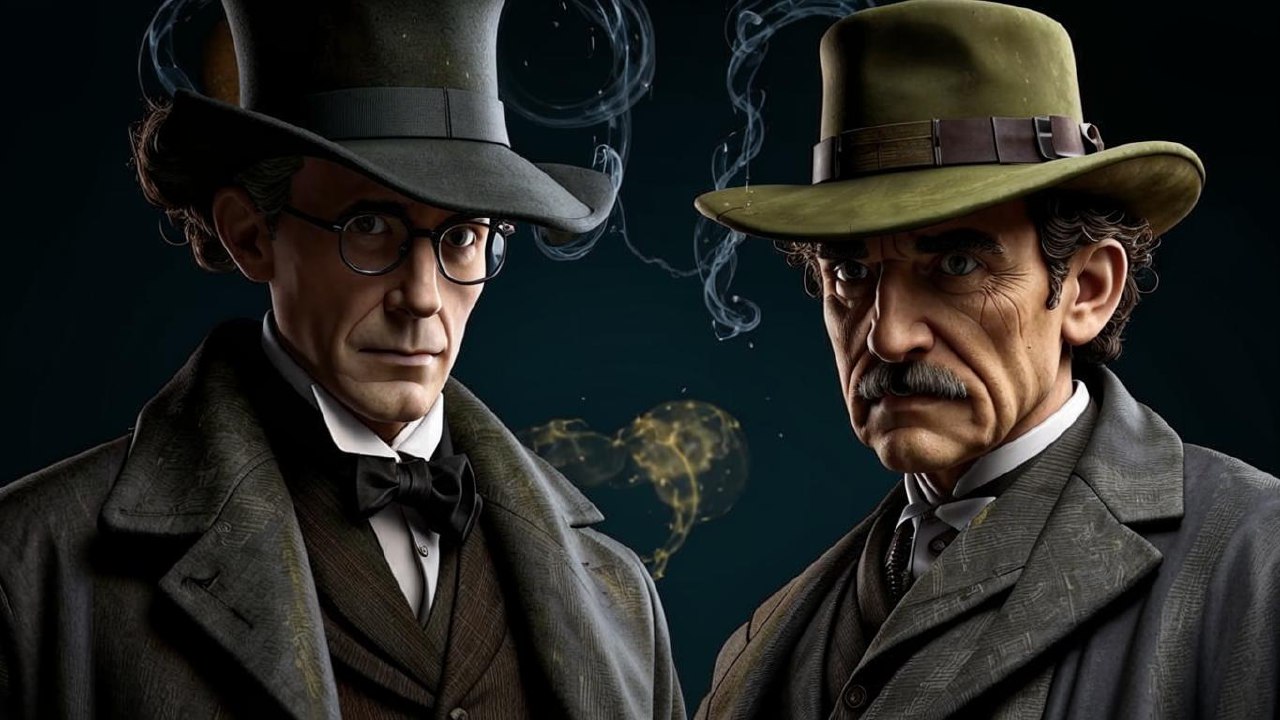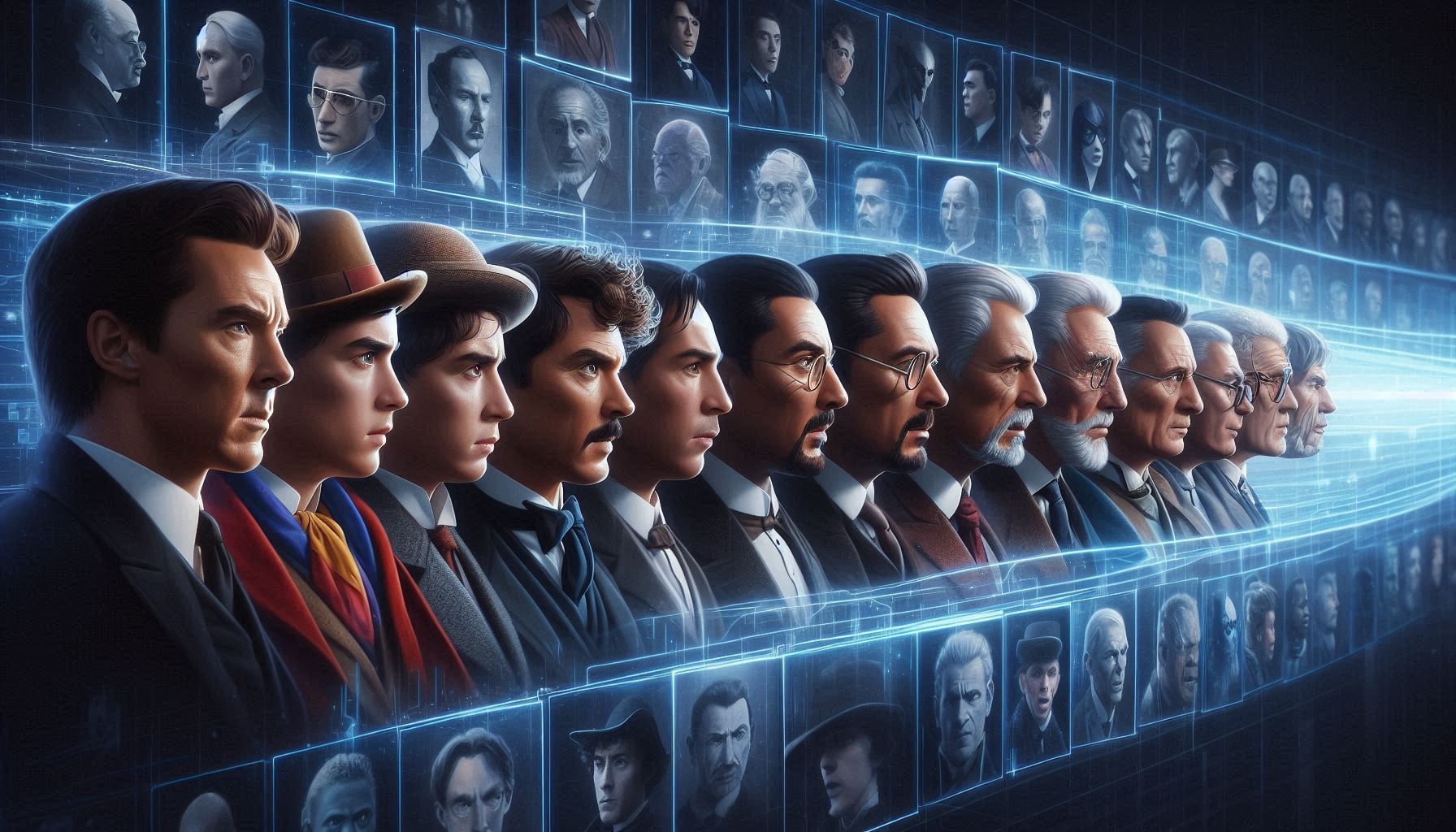How Film and Literature Shape Our Perception of Intelligence?
The Fascination with Fictional Geniuses.
From Sherlock Holmes’s impeccable deductive reasoning to Sheldon Cooper’s scientific brilliance, fictional geniuses have captivated audiences for generations. These characters are not just entertaining but also influential in shaping how society perceives intelligence. Whether portrayed as eccentric loners or charismatic leaders, their portrayals often reflect—and shape—our cultural values surrounding intellect, creativity, and problem-solving. But how accurate are these depictions, and what do they reveal about our own biases and aspirations? Let’s delve into the portrayal of fictional geniuses in film and literature and their impact on our understanding of intelligence.
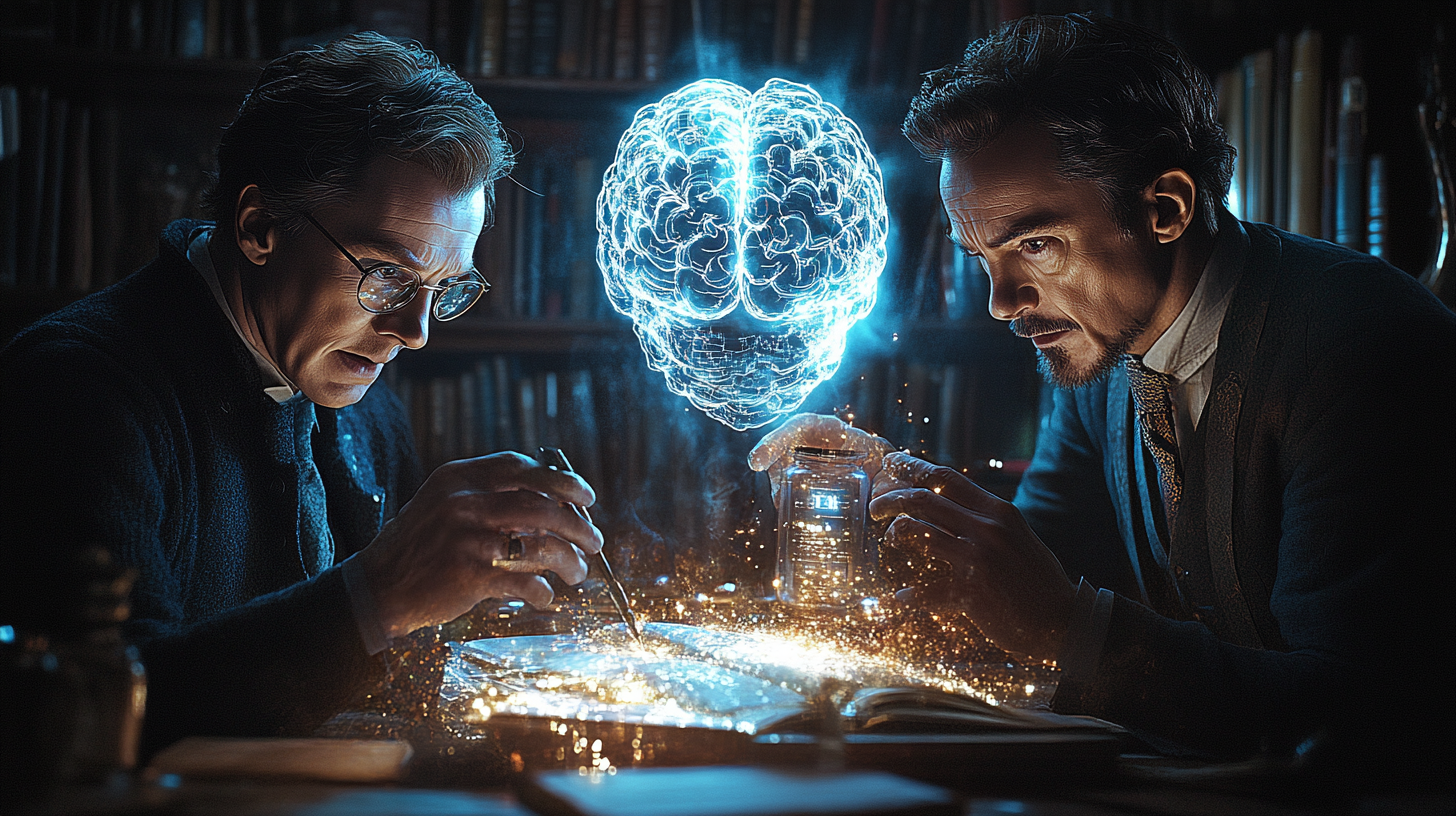
The Archetype of the Genius: A Cultural Mirror
Fictional geniuses often embody extremes—unparalleled brilliance paired with social awkwardness or emotional struggles. These portrayals stem from cultural archetypes that link intelligence to otherworldliness, suggesting that extraordinary intellect comes at the cost of normalcy. Sherlock Holmes, arguably the quintessential fictional genius, is portrayed as a socially aloof figure whose genius lies in his logical prowess and keen observation. Similarly, modern characters like Sheldon Cooper from The Big Bang Theory perpetuate the stereotype of the “eccentric genius” who excels in their field but struggles with social norms.
These archetypes reveal our collective fascination with intelligence as both a gift and a burden. They reflect a belief that extraordinary intellectual ability sets individuals apart in both admirable and isolating ways.
Intelligence Across Genres: Detectives, Scientists, and Dreamers
- The Detective Genius
Characters like Sherlock Holmes and Hercule Poirot represent deductive reasoning and logical brilliance. Their appeal lies in their ability to solve puzzles that baffle others, showcasing intelligence as a tool for justice and truth. These characters often highlight analytical intelligence, emphasizing skills like observation and pattern recognition. - The Scientific Visionary
Figures like Tony Stark (Iron Man) and Dr. Emmett Brown from Back to the Future represent creative and practical intelligence. Their ability to envision and invent the unimaginable not only inspires but also underscores the role of intelligence in advancing society. - The Philosophical Dreamer
Literary geniuses like Victor Frankenstein from Mary Shelley’s Frankenstein showcase the darker side of intellectual ambition. Their stories often serve as cautionary tales, exploring how unchecked intelligence can lead to ethical dilemmas and unintended consequences.
Each of these archetypes highlights a different facet of intelligence, enriching our understanding of its complexity and its impact on the human experience.
Fictional Geniuses and Their Real-World Counterparts
Many fictional geniuses are inspired by real-life intellectuals. For instance, Sherlock Holmes draws heavily from Dr. Joseph Bell, a pioneer of forensic science. Similarly, Tony Stark’s character takes cues from innovative minds like Elon Musk. These connections blur the line between fiction and reality, reinforcing the idea that genius exists in various forms.
However, fictional portrayals often simplify or exaggerate traits to make characters more memorable. Real-world geniuses are rarely as monolithic or flawless as their fictional counterparts. For example, while Albert Einstein is celebrated for his groundbreaking theories, his life also reveals a deeply curious and collaborative thinker—not a solitary genius as often portrayed.
How Fiction Shapes Societal Views on Intelligence
The depiction of geniuses in media significantly influences societal expectations and stereotypes. Characters like Sheldon Cooper reinforce the idea that intelligence is linked to academic achievements, often at the expense of emotional or social skills. On the other hand, inspirational figures like Tony Stark suggest that genius thrives on creativity, adaptability, and risk-taking.
These portrayals can have real-world implications. For instance, they may perpetuate the stereotype that highly intelligent people are inherently eccentric or socially inept, potentially stigmatizing individuals with high IQs. At the same time, these depictions can inspire audiences to value intelligence, curiosity, and problem-solving as heroic traits.
The Evolution of Genius in Fiction
Over time, portrayals of fictional geniuses have evolved to reflect changing societal values. Early characters like Sherlock Holmes celebrated pure logic, while modern interpretations often emphasize emotional intelligence and teamwork. For example, characters like Shuri from Black Panther blend technological brilliance with cultural awareness, showcasing a more inclusive vision of genius.
These shifts mirror broader cultural trends, including a growing recognition of diverse intelligences and the importance of collaboration. They challenge the traditional notion of the lone genius, presenting intelligence as a dynamic and multifaceted trait.
Conclusion: Celebrating Diverse Forms of Genius
Fictional geniuses have a powerful impact on how we perceive and value intelligence. By examining their portrayals, we gain insight into our collective aspirations and biases. While these characters often exaggerate certain traits, they also inspire us to think critically, solve problems, and embrace the many forms of human intelligence. Whether they’re solving mysteries, inventing groundbreaking technology, or navigating moral dilemmas, fictional geniuses remind us of the boundless potential of the human mind.
Do you think you could match wits with these iconic fictional geniuses? Find out by taking our fun and accurate IQ test today!
